
Professor James Rubin
Professor of Psychology & Emerging Health Risks
Research interests
- Psychology
Contact details
Biography
Professor James Rubin is a Professor of Psychology and Emerging Health Risks at King's College London. He specialises in understanding how people perceive potential health risks, and how those perceptions affect their behaviour and wellbeing.
Professor Rubin's research spans two overlapping areas. The first examines public and individual responses to sudden exposures to potentially hazardous agents, including infections, chemicals and radiation. This has led to numerous studies conducted in collaboration with Government agencies to explore public reactions to health risks including: COVID-19; pandemic influenza; biological and chemical terrorism; the Fukushima nuclear meltdown; the polonium 210 incident; the Ebola outbreak; the Salisbury Novichok incident; Mpox; avian influenza; and multiple episodes of major flooding across England.
The second area focuses on the psychological and social mechanisms underlying symptom development after perceived exposure to a potentially hazardous substance, including nocebo effects and attribution processes. Professor Rubin has studied these issues in relation to, among other things, multiple chemical sensitivity, electromagnetic hypersensitivity, wind turbine syndrome, mass psychogenic illness, and side-effects attributed to medications and vaccination.
Research Interests
- Nocebo effects
- Symptom perception and attribution
- Help seeking behaviour
- Risk perception
- Health communication
- Emergency preparedness
- Vaccination uptake
- Adherence to prophylaxis
- Idiopathic environmental intolerance
- Mass psychogenic illness
Research Groups
Professor Rubin is the Director for the NIHR Health Protection Research Focus Award in Outbreak Related Behaviour.
Teaching
Professor Rubin is the Education Lead for the Department of Psychological Medicine. He developed and leads a multi-award winning 30-credit MSc module on the psychology of disaster response as part of our MSc in Mental Health Studies. He provides regular projects for the students on this course, gives guest lectures on several other postgraduate courses at King’s and elsewhere, and is a member of the PhD subcommittee for the Department of Psychological Medicine.
Expertise and Public Engagement
Professor Rubin has served on several committees which provide advice to Government agencies. These have focused on topics including: the provision of support to victims of terrorist attacks; the soil and environmental checks around Grenfell Tower; the risk from new and emerging viruses; the role of behavioural science in improving and protecting public health; and the assessment of risk in relation to major emergencies that might affect the UK in the future. During the COVID-19 pandemic, Professor Rubin was a regular participant in the UK Government’s Scientific Advisory Group for Emergencies, and set up and co-chaired its behavioural science subgroup (‘SPI-B’). Professor Rubin has acted as an expert witness in several group litigation cases in England and internationally, providing independent expert reports on issues relating to symptom attribution, nocebo effects, and help-seeking.
News
"Significant gaps" in ADHD research post 2020 hindering development of effective policy
A lack of reliable data tracking the prevalence and incidence of ADHD post-2020 has resulted in significant gaps in an evidence base to develop realistic...
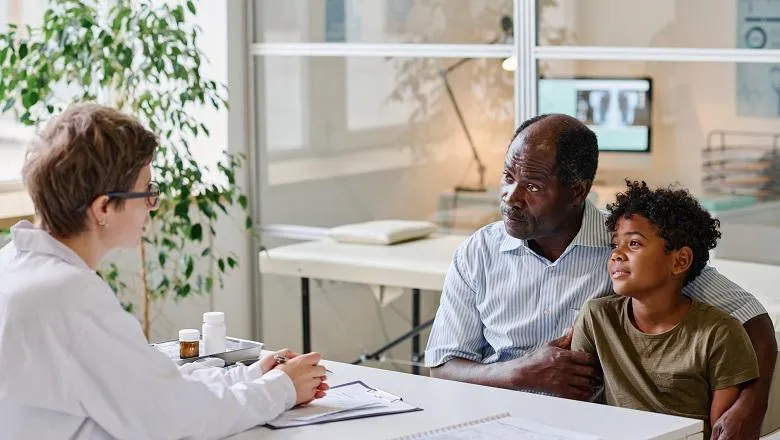
Engaged and informed communities are more likely to adapt their behaviour during disease outbreaks
New research from a team led by Dr Louise Smith and Professor James Rubin from the Institute of Psychiatry, Psychology & Neuroscience (IoPPN) at King’s...
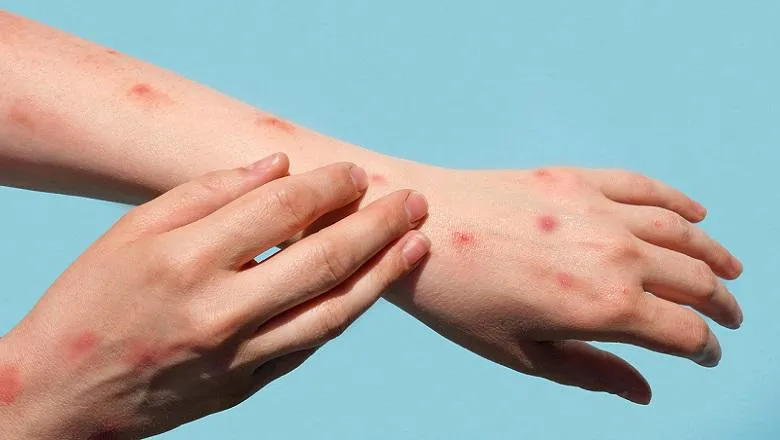
Opening windows for short periods of time could help prevent COVID-19 transmission
As the public begin to meet inside again, research shows that a quarter don’t open their windows despite knowing it can help reduce transmission.

Support needed to adhere to Test, Trace and Isolate
New analysis conducted by researchers at the NIHR Health Protection Research Unit (HPRU) in Emergency Preparedness and Response, King’s College London, UCL...
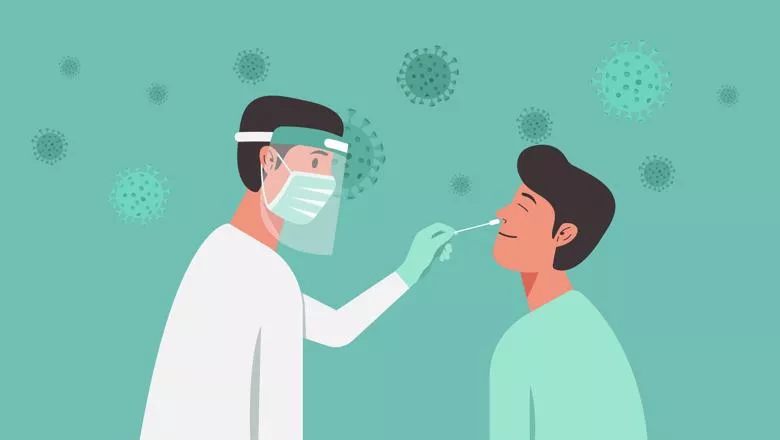
People who thought they'd had COVID-19 were less likely to follow April lockdown rules
New research from King’s College London reveals an individual’s beliefs about whether or not they’d had COVID-19 influenced how likely they were to follow...
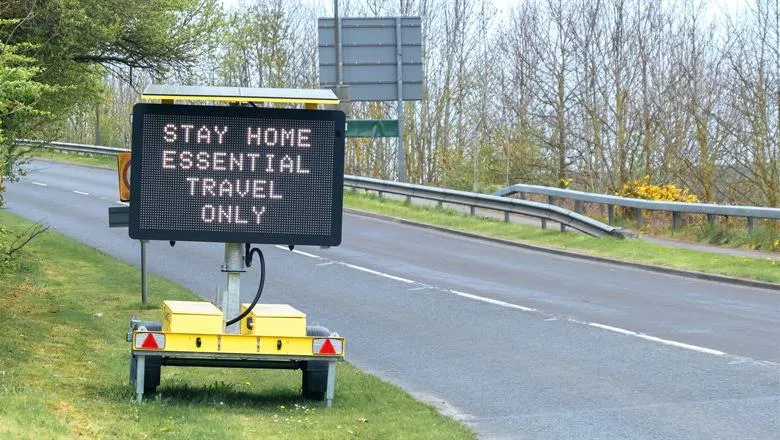
King's Principal receives Knighthood
Professor Edward Byrne, President & Principal of King’s College London has been awarded a Knighthood in the Queen’s Birthday Honours

Effective test, trace and isolate needs better communication and support
New research led by King’s College London has shown that the majority of the UK public report an intention to carry out test, trace and isolate behaviours if...
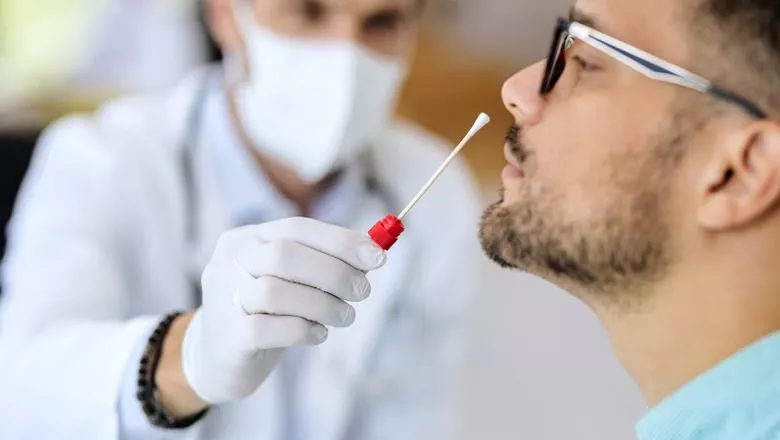
Test, trace and isolate systems must consider human behaviour
Greater public awareness of symptoms, rapid testing, guarantees on confidentiality and measures to lessen the financial burden of quarantine are central to...
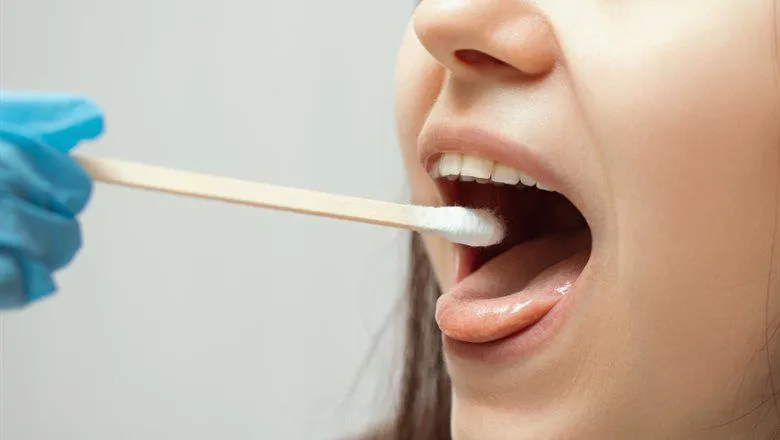
Better support may help people with COVID-19 symptoms to self-isolate
A new study led by King’s College London researchers has shown that during the UK lockdown period, people who received support from outside their home were...

Existing evidence suggests face coverings do not lead to false sense of security
Existing limited evidence suggests that wearing face coverings to protect against COVID-19 does not lead to a false sense of security and is unlikely to...
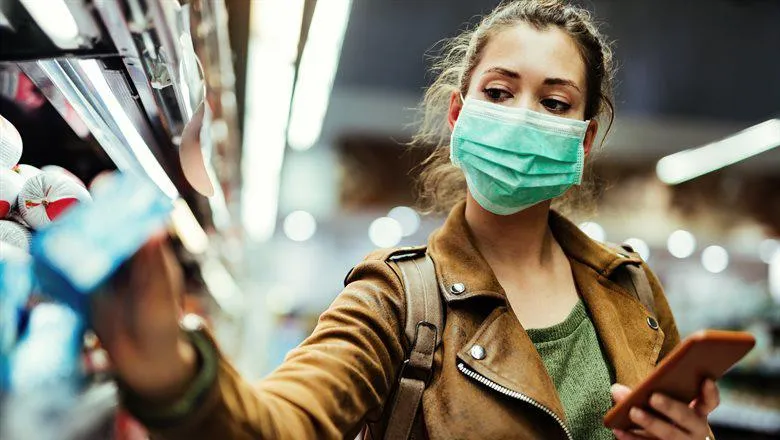
Features
King's contribution to coronavirus response
King's academics and researchers are supporting ongoing research and conversation addressing the global outbreak of novel coronavirus (COVID-19).
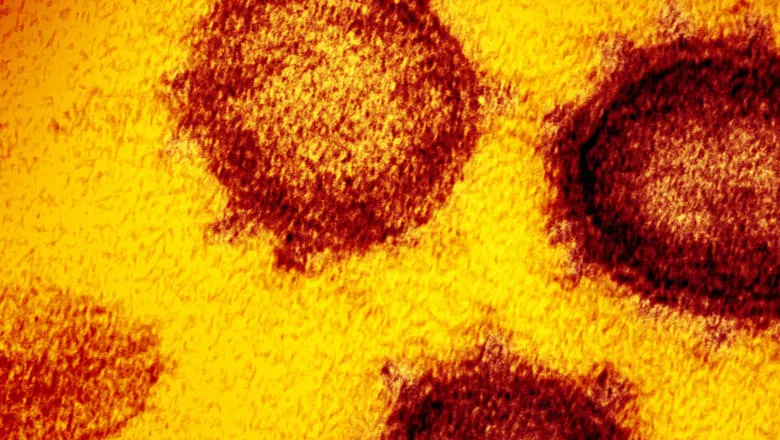
Spotlight
Understanding behaviour during crises
Over the past decade, King’s researchers have navigated the delicate but essential line between providing timely yet rigorous evidence in times of crises....
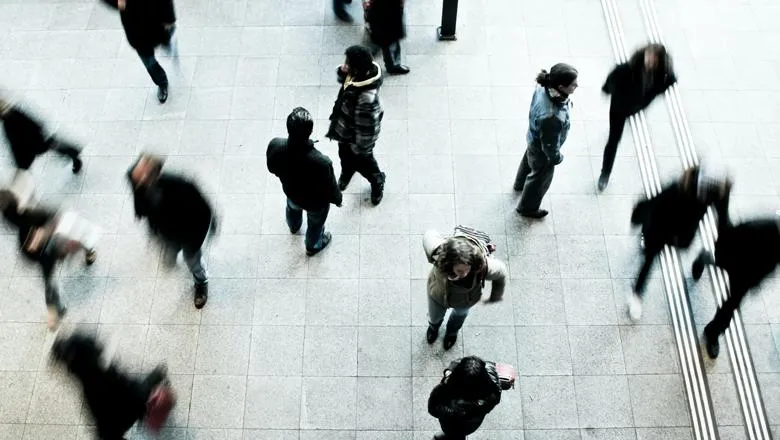
News
"Significant gaps" in ADHD research post 2020 hindering development of effective policy
A lack of reliable data tracking the prevalence and incidence of ADHD post-2020 has resulted in significant gaps in an evidence base to develop realistic...

Engaged and informed communities are more likely to adapt their behaviour during disease outbreaks
New research from a team led by Dr Louise Smith and Professor James Rubin from the Institute of Psychiatry, Psychology & Neuroscience (IoPPN) at King’s...

Opening windows for short periods of time could help prevent COVID-19 transmission
As the public begin to meet inside again, research shows that a quarter don’t open their windows despite knowing it can help reduce transmission.

Support needed to adhere to Test, Trace and Isolate
New analysis conducted by researchers at the NIHR Health Protection Research Unit (HPRU) in Emergency Preparedness and Response, King’s College London, UCL...

People who thought they'd had COVID-19 were less likely to follow April lockdown rules
New research from King’s College London reveals an individual’s beliefs about whether or not they’d had COVID-19 influenced how likely they were to follow...

King's Principal receives Knighthood
Professor Edward Byrne, President & Principal of King’s College London has been awarded a Knighthood in the Queen’s Birthday Honours

Effective test, trace and isolate needs better communication and support
New research led by King’s College London has shown that the majority of the UK public report an intention to carry out test, trace and isolate behaviours if...

Test, trace and isolate systems must consider human behaviour
Greater public awareness of symptoms, rapid testing, guarantees on confidentiality and measures to lessen the financial burden of quarantine are central to...

Better support may help people with COVID-19 symptoms to self-isolate
A new study led by King’s College London researchers has shown that during the UK lockdown period, people who received support from outside their home were...

Existing evidence suggests face coverings do not lead to false sense of security
Existing limited evidence suggests that wearing face coverings to protect against COVID-19 does not lead to a false sense of security and is unlikely to...

Features
King's contribution to coronavirus response
King's academics and researchers are supporting ongoing research and conversation addressing the global outbreak of novel coronavirus (COVID-19).

Spotlight
Understanding behaviour during crises
Over the past decade, King’s researchers have navigated the delicate but essential line between providing timely yet rigorous evidence in times of crises....

